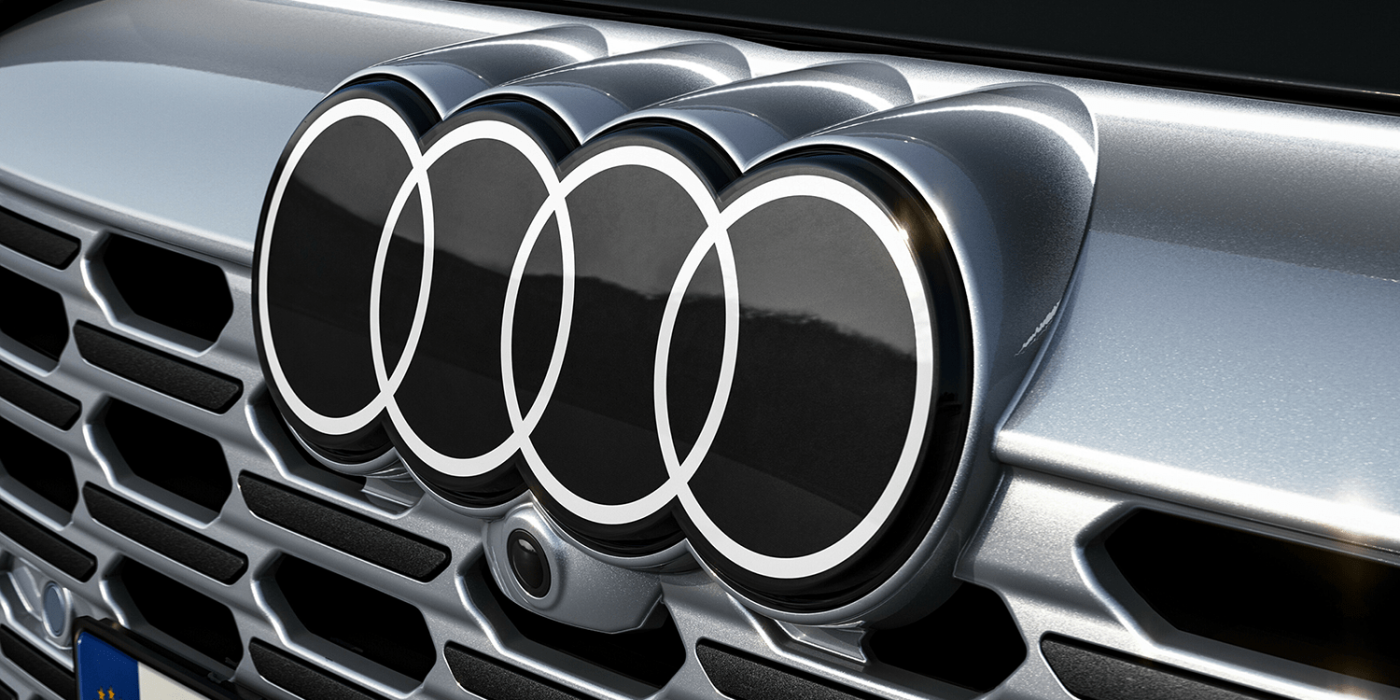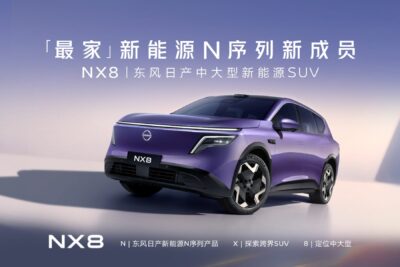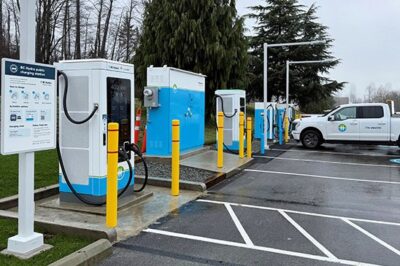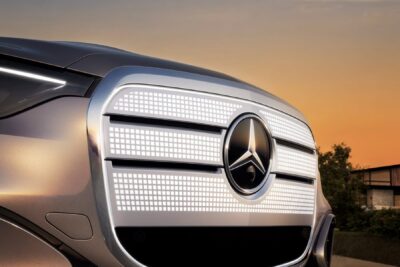Audi plans range extender SUV for US market
Rumours about Audi developing its own model for the US market have been circulating for a long time. When US President Joe Biden strongly promoted electric mobility, it almost resulted in a large electric SUV for the US market. The Q8 e-tron was supposed to take on this role in Mexico after production ended in Brussels. However, the tariff policy of Biden’s successor, Donald Trump and the end of the EV tax credit have shaken these plans. Audi’s big problem is that the Ingolstadt-based company does not have its own US plant and is solely dependent on imports from Europe and Mexico for the US market.
According to the German publication Automobilwoche, citing unspecified company sources, there is now a new plan: There are plans to launch a dedicated SUV model for the US market, which will also be produced there. However, it will not be a purely battery-electric model, but an electric vehicle with a range extender. In terms of technology and production, a collaboration with Scout is planned, with the Audi model set to roll off the production line alongside the two Scout models in Columbia, South Carolina, where Scout has been building its own factory since February 2024.
If the information is accurate, this would represent a U-turn in Audi’s US plans. Back in the summer, the Ingolstadt-based company was still toying with the idea of building a ‘twin plant’ to the VW factory in Chattanooga, Tennessee – the plant there is designed for expansion, which has not yet been implemented. The advantages are obvious: Audi could draw on existing VW structures for infrastructure and logistics, as a number of suppliers have settled around the factory. This would reduce construction time and costs, especially compared to a stand-alone factory in another state, which was probably also calculated.
However, the VW Group needs to save money, and the expenditure for a new factory does not fit into the picture, synergies or not. As reported in October, this is also expected to affect existing and planned electric cars for the US market, such as the US production of the ID.4 in Chattanooga and Scout. Two battery-electric models were initially announced for the revived brand, an SUV and a pickup truck, with range extender variants to follow later. In October, it was then reported that only the range extender versions of the Scout models would be available initially. Scout President Scott Keogh later stated that 80 per cent of pre-orders were for the range extender and not the battery version.
The Scout factory is designed to produce up to 200,000 vehicles per year at full capacity. It was questionable whether a virtually new brand would be able to utilise even a fraction of this capacity. Manufacturing a model from another brand within the group would therefore make perfect business sense, especially since a new Audi plant would also have faced the problem of being completely dependent on demand for a single model.
There is another advantage for Audi: Scout is developing its own robust ‘body-on-frame’ platform in order to offer vehicles that appeal to US customers. This would allow Audi to obtain a model with (supposedly) suitable US technology without incurring high development costs, instead of having to adapt other group platforms in a compromise. In China, too, Audi is now relying on localised platforms to offer its own models, such as the AUDI E5 Sportback.
This article was first published by Sebastian Schaal for electrive’s German edition.





0 Comments